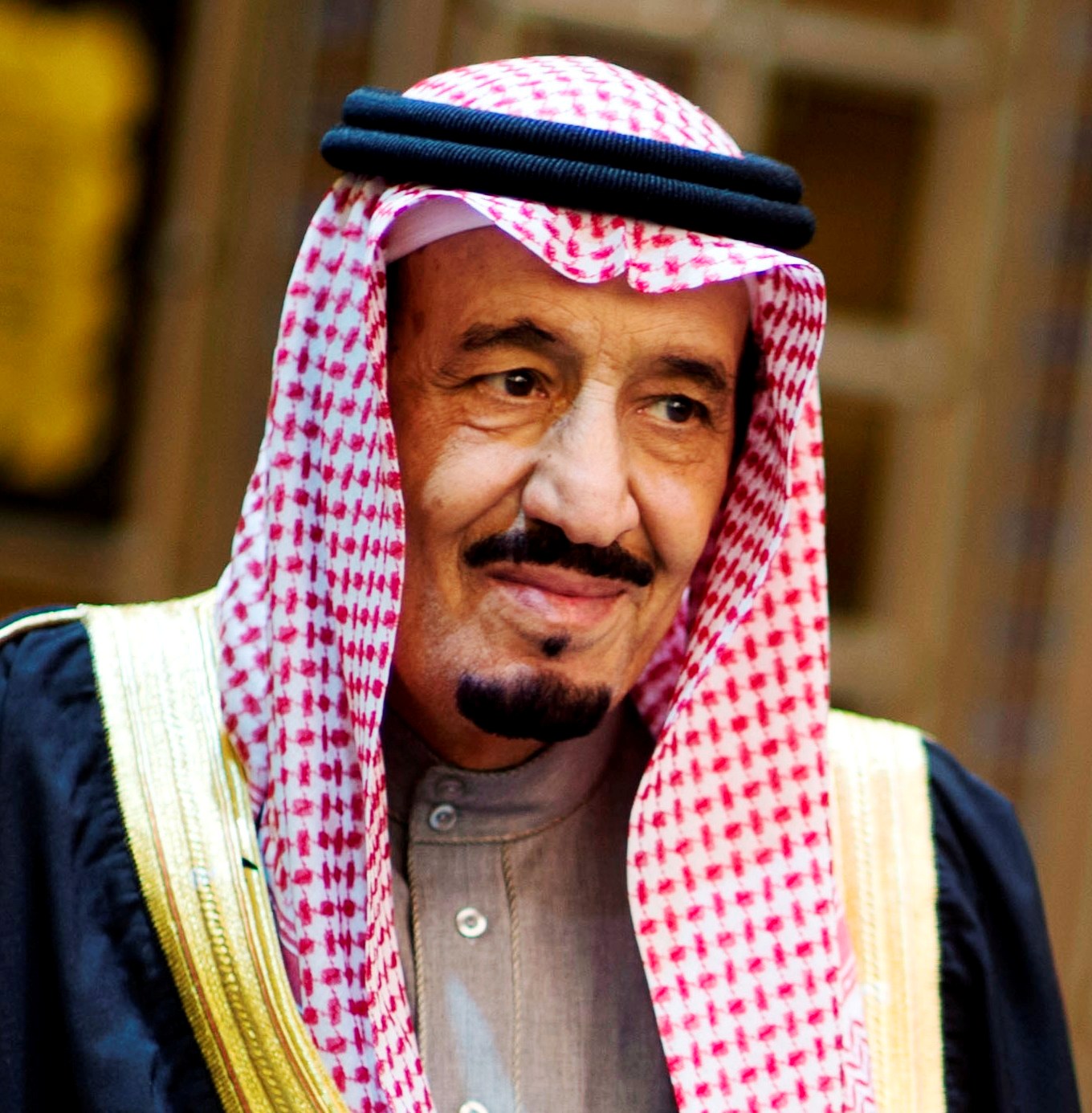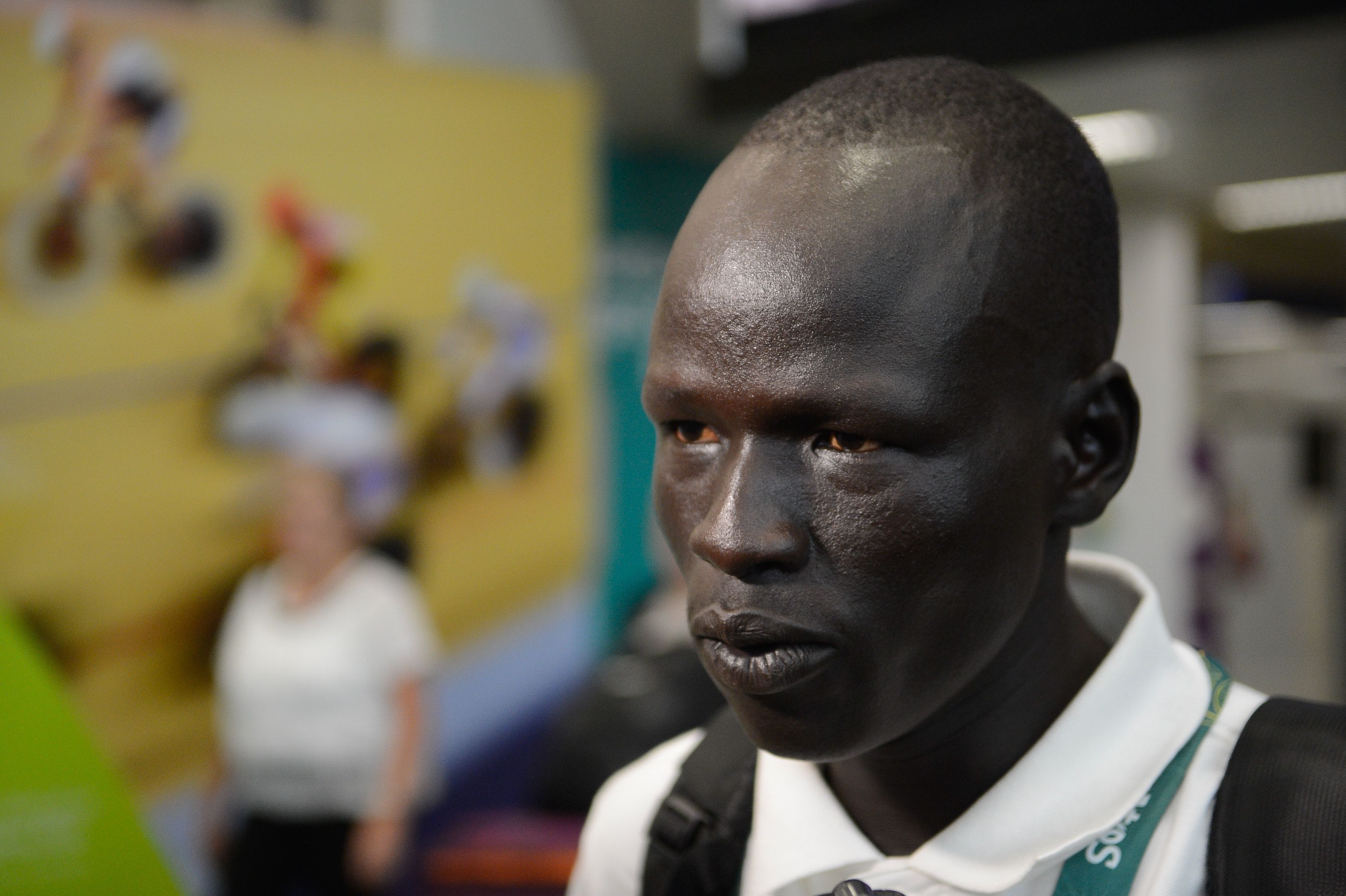On Wednesday, April 29, 2015, King Salman of Saudi Arabia made changes to the royal line of succession in the cabinet that will have effects for decades to come. Salman removed Crown Prince Murqin from his post and instead appointed his nephew Mohammed Bin Nayef as Crown Prince and Interior Minister, as well as his nephew Mohammed Bin Salman as Deputy Crown Prince and Defence Minister. King Salman also replaced Foreign Minister Prince Saud al-Faisal with the current ambassador to Washington, Adel al-Jubeir. This is the first time someone who is not a part of the royal family has held the position of Foreign Minister. With these appointments it appears King Salman is attempting to do two things: bring new life to the monarchy and enact a more assertive foreign policy.
For the first time since the death of the Kingdom’s founder, King Ibn Saud, the line of succession will go to a Crown Prince and Deputy Crown Prince who are in their fifties and thirties respectively, as opposed to the tradition of princes in their eighties and nineties. With the removal of his half-brother from his post, King Salman has begun the process of transferring power to the next generation and removing it from himself and his brothers, the generation which has held power since the death of Ibn Saud in 1957. This move will surely gain popularity in Saudi Arabia, where experts say roughly 46% of the population is estimated to be under 25 years old. With high youth unemployment, feelings of alienation, and a lack of an arena for political expression there is a clear dissatisfaction among young people towards the monarchy. This change may be a way to put a younger monarch on the throne to show the youth population that they are being heard and there is someone representing them. There have also been rumours circulating about the poor health of King Salman. With these recent changes there would be a line of succession that would be safe for many years, silencing any critics of the aging monarch.
The second reason is in direct correlation with the Kingdom’s involvement in Yemen and a stronger international presence. The two Crown Princes are vocal supporters of Saudi involvement in neighbouring Yemen and if Salman were to die the two would continue to assert a Saudi presence in the region. Prince Mohammed Bin Salman is seen by many as representing the face of the war in Yemen, constantly appearing on state TV to gain support for the war and provide updates on the country’s progress. This is especially important because Saudi Arabia, along with the other Gulf States, fears that if the embargo in Iran were to come to an end, Iran would be able to exert greater influence in the Middle East. For Saudi, this could cause instability in the region and threaten Saudi interests. The two recently elevated would continue to assert a Saudi presence in the region
The appointment of Adel al-Jubeir as Foreign Minister will also encourage a stronger Saudi presence internationally. With his years of experience in Washington, al Faisal has a strong understanding of the United States Government and has a number of contacts in the country. The Saudi-US relationship has been very strained as of late and al-Faisal could be a valuable asset in helping to bridge the gap between the two countries and bring them closer together. It is also possible that once the Obama administration leaves office and is replaced with one that is less friendly to Iran, then al-Jubeir will be able lobby against any sort of agreement with Iran.
For a country that is known for its draconian laws and slow moving policies, King Salman has been moving at lightning speed compared with the country’s past. He has appointed heirs who will ensure the monarchy will survive long into the future and enforce policies that protect Saudi interests in the region, while simultaneously curbing Iranian influence. Salman changed power dynamics for years to come.






